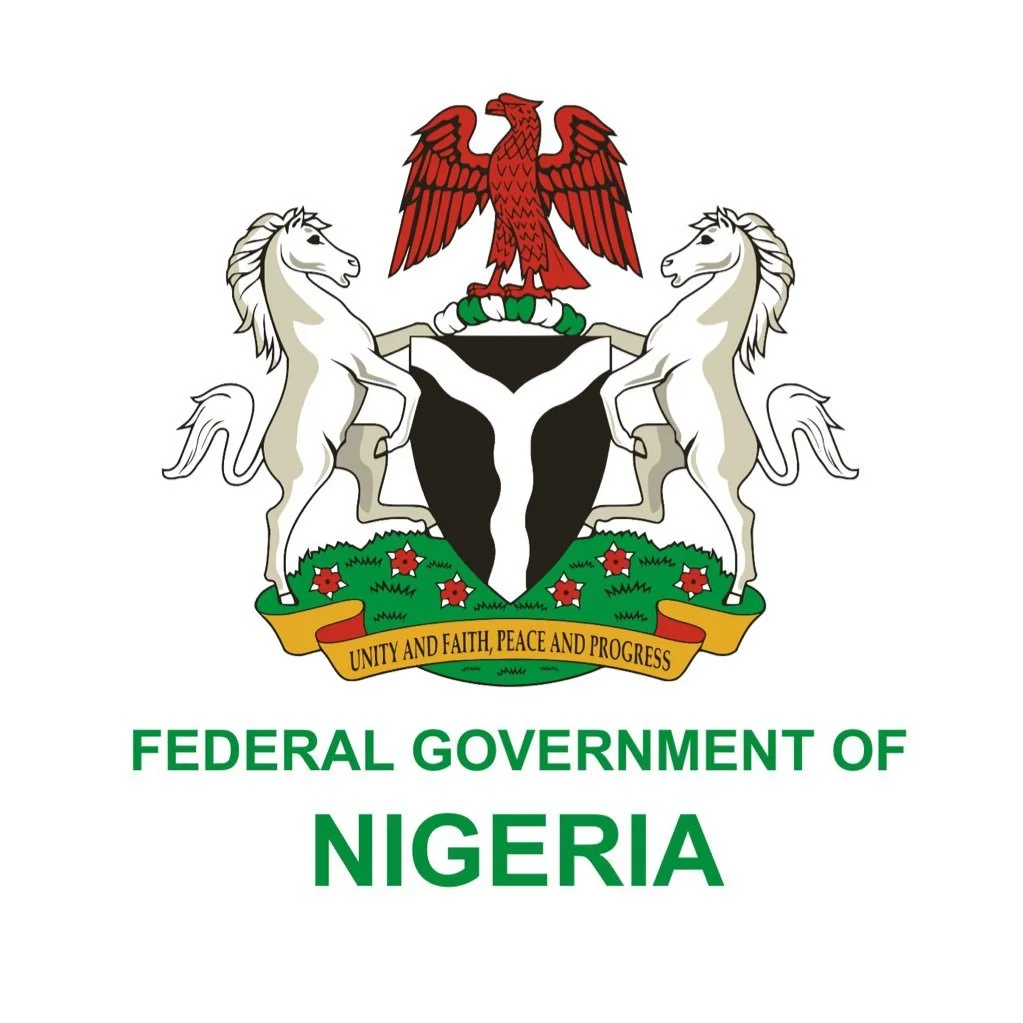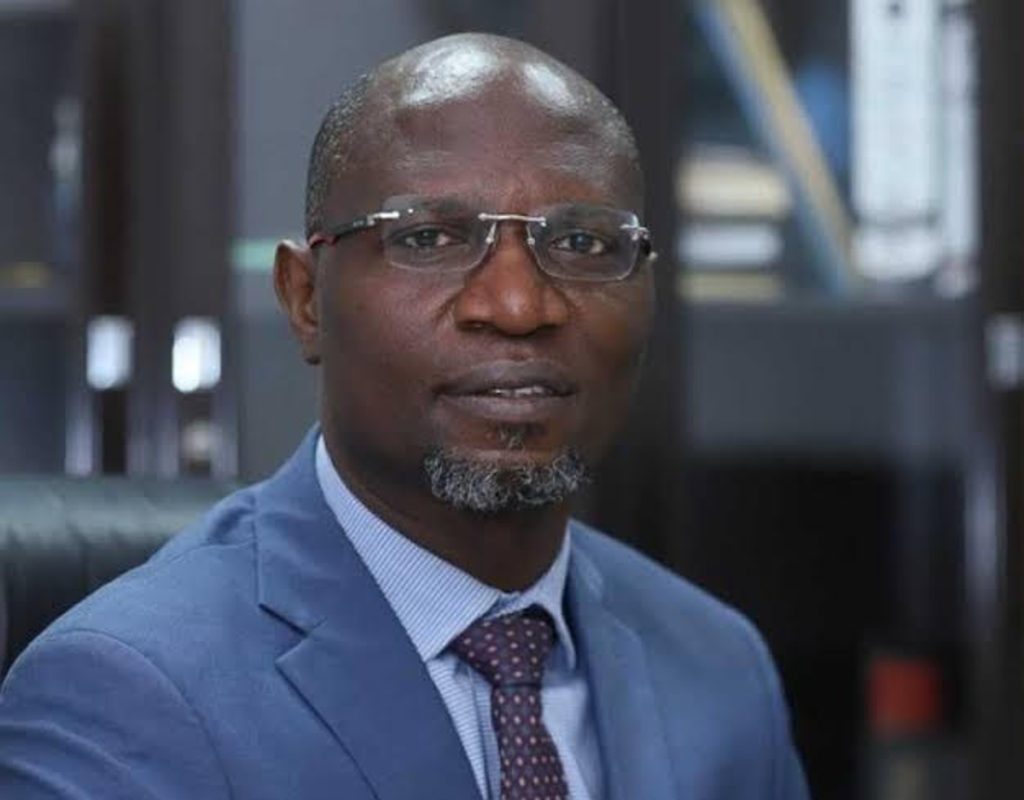Business
How to Find a Great Real Estate Agent in 2023

Buying or selling a home is one of the biggest financial transactions you’ll ever make, so it’s important to find a real estate agent you can trust. A good agent can help you find the right home for your needs and budget, or sell your home for the highest possible price.
But with so many agents out there, how do you find the right one for you? Here are a few tips:
1. Ask for recommendations from friends, family, and colleagues.
Word-of-mouth is often the best way to find a good agent. Ask people you trust who they’ve worked with in the past and had a positive experience.
2. Look for agents who are experienced in your area and with your type of transaction. For example, if you’re a first-time homebuyer, you’ll want to find an agent who specializes in working with first-time buyers. If you’re selling a luxury home, you’ll want to find an agent who has experience selling high-end properties.
3. Interview multiple agents before making a decision. This will give you a chance to get to know them and see if you’re a good fit. Be sure to ask about their experience, their commission structure, and how they typically work with clients.

4. Check the agent’s online reviews. This can be a great way to learn about other people’s experiences with the agent. Be sure to read both positive and negative reviews to get a balanced view.
5. Look for agents who are active in the community. This shows that they’re knowledgeable about the market and that they’re invested in their community.
6. Make sure the agent is a good communicator. You’ll be working with them closely throughout the buying or selling process, so it’s important to find someone you can communicate well with.
7. Ask about the agent’s marketing plan. If you’re selling your home, you’ll want to make sure the agent has a solid plan for marketing your property.
8. Trust your gut. Ultimately, the decision of which real estate agent to work with is a personal one. Go with the agent who you feel most comfortable with and who you believe will best represent your interests.
Here are some additional questions you may want to ask potential real estate agents:
- What are your thoughts on the current market conditions?
- What is your approach to pricing a home?
- How do you handle negotiations?
- What are your communication preferences?
- What are your contingency plans in case of unexpected challenges?

It’s also important to feel comfortable with the real estate agent you choose. You’ll be working with them closely throughout the buying or selling process, so it’s important to find someone you trust and can communicate well with.
Once you’ve found a real estate agent that you’re happy with, be sure to sign a buyer’s or seller’s agency agreement. This agreement will outline the agent’s duties and responsibilities, as well as your compensation.
Here are some additional tips for finding a great real estate agent in 2023:
- Look for agents who are using technology to their advantage. In today’s digital world, the best real estate agents are using technology to market homes, connect with buyers and sellers, and manage the buying and selling process.
- Consider hiring a team instead of an individual agent. Some real estate agents work with a team of other professionals, such as marketing experts, buyer’s agents, and seller’s agents. This can be a good option if you’re looking for a more comprehensive approach to the buying or selling process.
- Don’t be afraid to negotiate with agents on their commission. Real estate agent commissions are typically negotiable, so don’t be afraid to ask for a lower rate.
By following these tips, you can increase your chances of finding a great real estate agent who can help you buy or sell your home for the best possible price.
Business
Shallow, insignificant – NLC, CSO, others knock Nigerian Govt over N18 electricity tariff reduction

Nigerians, the organised labour, Civil Society Organisations and power sector experts have knocked the Nigerian Federal Government and Nigerian Electricity Regulatory Commission, NERC, over the N18 downward review of electricity tariff for end-users under Band A.
DAILY POST reports that NERC announced a tariff decrease for customers under Band A feeders on Monday.
The Commission slashed electricity to N200.6 per Kilowatt-hour from N225.
Ikeja Electric, Abuja, Kaduna, Ibadan, Enugu, and other discos effected the new tariff implementation on Monday.
The development comes a month after NERC approved a 240 per cent tariff hike for electricity customers getting between 20-24 hours of supply.
However, Nigerians, organised labour and other organisations have kicked against the hike, insisting on its reversal amid Nigeria’s economic hardship.
Recall that on Sunday, TUC issued a two-week ultimatum to NERC to reverse April tariff hike.
But, contrary to Nigerians and Organized Labour’s demand for an immediate electricity hike reversal, NERC settled for a downward tariff review.
NERC sighted Improved macroeconomic parameters as the reason for the downward review.
The Naira appreciated N1353.21 per Dollar on Monday at the foreign exchange market, up from N1400.4 on Friday last week.
Explaining the decision, NERC said, “The Commission has considered changes in the macroeconomic parameters over the preceding month of April 2024 and especially the appreciation of exchange rates – consequently, the Commission has approved a downward review of end-user tariffs for Band “A” customers from NGN225/kWh to NGN206.8/kWh”.
Barr Dafe Akpeneye, Commissioner of Legal, Licensing and Compliance at NERC, stressed that, “It is based on other macroeconomic variables that the tariff was reduced”.
Meanwhile, the development did not go down well with NLC, Civil Society Organisations and many other Nigerians.
They described the reduction as silly, insignificant, tokenism, and shallow.
In an exclusive interview with DAILY POST on Monday, Benson Upah, the spokesperson of NLC, described the development as tokenism, stressing that it would not positively impact consumers.
He said the downward review of electricity tariff for end-users under Band A fell short of Nigerian workers’ demands and expectations.
He called for a total reversal of April’s tariff hike and a review of Nigeria’s power sector privatisation.
“This is tokenistic. It falls far below our demand or expectations. Doubtful if this will make a positive impact on consumers.
“A total reversal and a review of the privatisation of the power sector is our demand”, he told DAILY POST.
On his part, the national secretary of the Network for Electricity Consumers Advocacy of Nigeria, Uket Obonga, said NERC was confused and was making a mockery of the sector.
“NERC is confused. You wake up to issue electricity price hike. Is that the methodology of tariff fixing? NERC should not mock themselves.
“A methodology designed by the Commission has yet to be followed. All their claims about the benefit of electricity subsidy removal are scams,” he noted.
According to the 2023 Electricity Act, Section 116(6) provides that the proposed tariff will be published in Newspapers and the official gazette to enable stakeholders to raise concerns and representation to the Commission.
Additionally, it provides that the Commission shall issue notice to relevant stakeholders to submit their input within the timeframe determined by the Commission for consideration before the Commission updates the tariff methodology, which is why Obonga alleged that NERC failed to follow due process in issuing May’s tariff order.
Also, Ewetumo A A, a retired staff member of the defunct Power Holding Company of Nigeria, PHCN, formerly the National Electric Power Authority, NEPA, said the recent review shows how shallow and misdirected NERC personnel have become.
“It only shows how shallow and misdirected our bureaucrats and technocrats in NERC headquarters are.
“They refused to condemn a Gas-to-Power Policy denominated in US Dollar but are quick to pass on to hapless Nigerians the Forex fluctuations.
“NERC has no feasibility studies on Load Demand or a blueprint for building Power Plants to meet citizens’ energy needs nationwide but only to ration and price the little Megawatts remaining on the Grid”, he stated.
Similarly, the Lead Director of the Centre for Social Justice, Eze Onyekpere, said the tariff reduction is a silly manoeuvre by NERC.
He urged for a reverse to status quo before April’s tariff hike.
“It is a silly manoeuvre. It is above the market cost of electricity. How sustainable is the Naira appreciation?
“If the Naira slumps tomorrow, will the tariff be increased? That is why I call it a silly manoeuvre.
“They should go back to the status quo. Nigerians should know the actual cost of electricity. I am not impressed”, he told DAILY POST.
CREDIT: DAILY POST
Business
FX crisis: Nigerian Govt to delist Naira from peer-to-peer platforms

The Federal Government has announced intentions to remove the Naira from all peer-to-peer (P2P) platforms. Emomotimi Agama, the Director General of the Securities and Exchange Commission, revealed this during a virtual meeting with blockchain stakeholders on Monday. The objective is to address the manipulation of the Naira’s value in the foreign exchange market.
In recent months, regulatory authorities in the country have been closely examining cryptocurrency exchanges. On March 8, the largest cryptocurrency exchange, Binance, ceased its Naira services.
Business
Türkiye stopped trade with Israel to compel ceasefire – President Erdogan

Turkish President Recep Tayyip Erdogan stated that the country’s recent decision to cease trade with Israel was aimed at pressuring the Israeli government to implement a ceasefire in the Gaza Strip.
Erdogan made these remarks during a meeting with the board of directors of the Independent Industrialists and Businessmen Association in Istanbul, as reported on the presidency’s website.
He further clarified that the government would collaborate with and seek input from the business community to address the repercussions of discontinuing trade with Israel.
The Turkish Trade Ministry announced on Thursday the suspension of all trade activities with Israel, citing the latter’s ongoing violence against Palestinians in the Gaza Strip.
Erdogan also noted that this move could serve as a model for other nations concerned about the current situation in the region.
-

 World News7 months ago
World News7 months agoWhat we know about Israel’s war with Hamas
-

 Sports7 months ago
Sports7 months agoLaLiga: Everyone want to play with him – Vinicius on player Real Madrid should sign
-

 World News7 months ago
World News7 months agoIran calls on Islamic, Arab countries to confront Israel
-

 Tech7 months ago
Tech7 months agoTop 10 AI Skills to Learn in 2023
-

 Entertainment7 months ago
Entertainment7 months agoBET Hip-Hop Awards: Black Sherif wins big as Burna Boy loses seven nominations
-

 ICT8 months ago
ICT8 months agoApple Bows To EU, Unveils iPhone With USB-C Charger
-

 Entertainment7 months ago
Entertainment7 months ago‘Black Panther’ star Lupita Nyong’o breaks up with boyfriend, Selema Masekela
-

 World News7 months ago
World News7 months agoZelensky seeks defences for winter on visit to NATO


